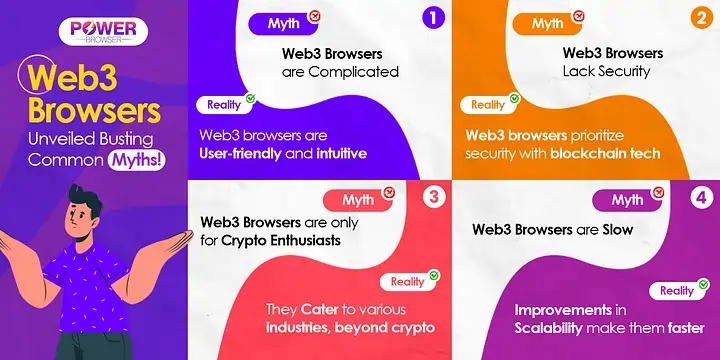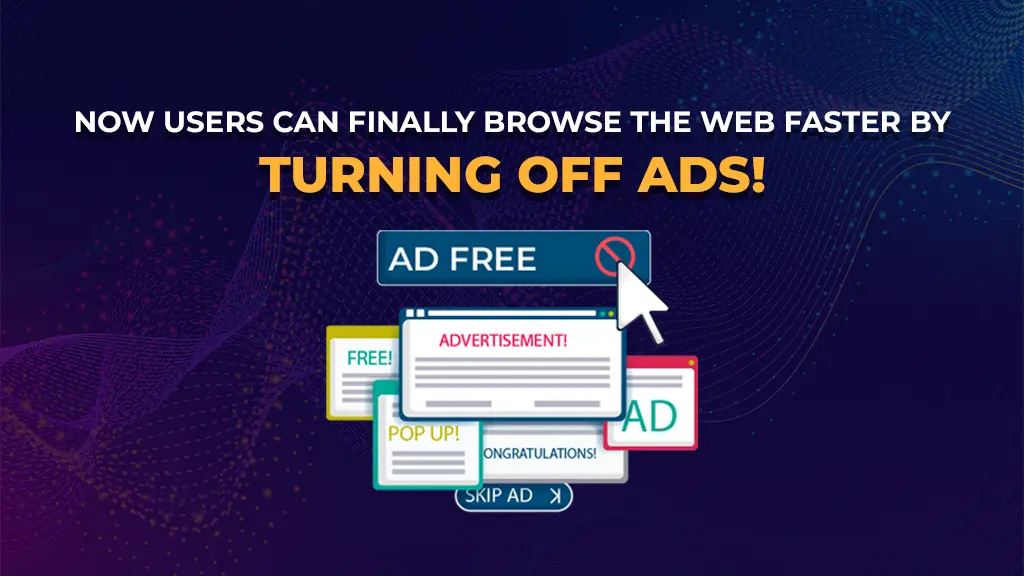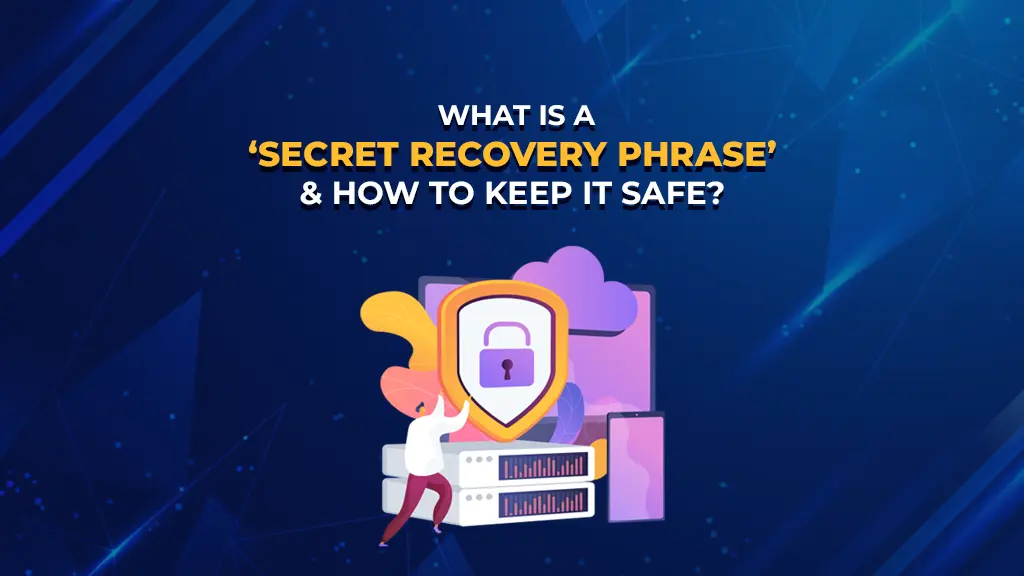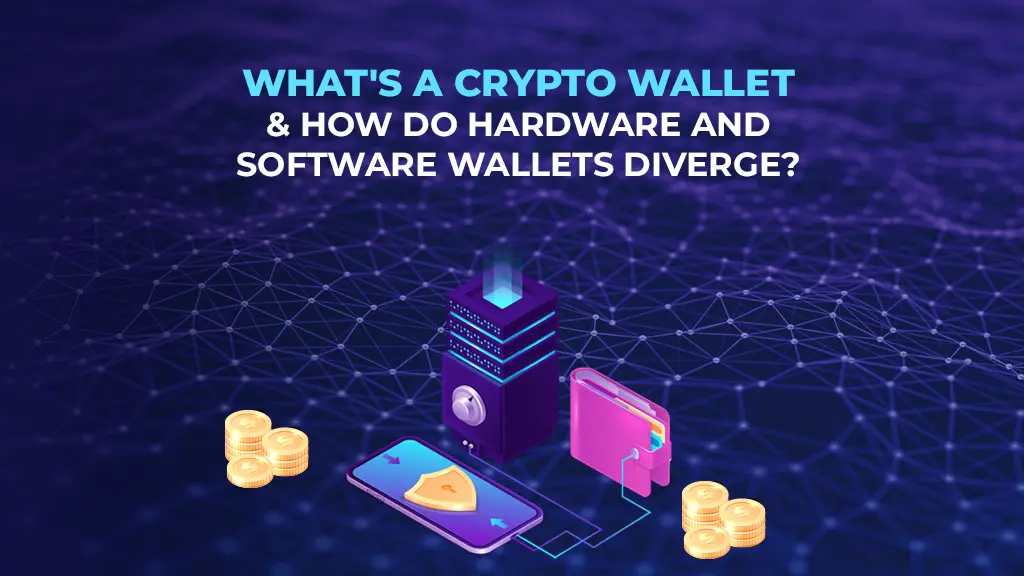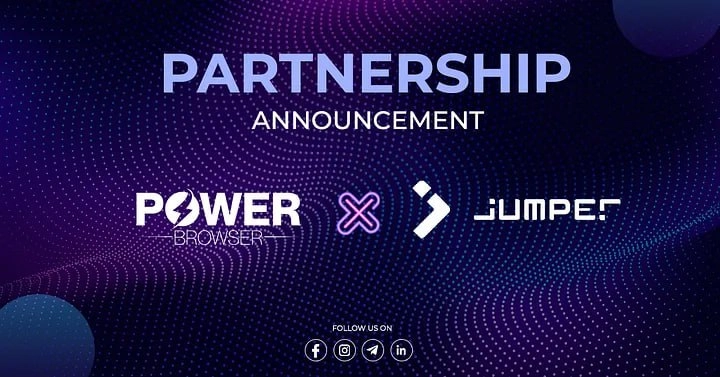The internet is going through big changes, and Web3 browsers are leading the way. We’re transitioning from Web2 to Web3, marking a shift towards a more decentralized, transparent Internet. This evolution is centered on empowering users with greater control and influence.
Web3 are important because they let users connect with the decentralised web and make the most of its benefits. So understanding the significance of Web3 search is essential to navigating the future of the internet effectively. Let’s clear your misconceptions and explore the reality of switching to Web3 browsers.
Many people believe that best Web3 browsers are complicated and hard to use. However, this is simply a myth. The reality is that Web3 are actually quite user-friendly and easy to navigate.
Web3 are designed to be intuitive and straightforward. They have a similar look and feel to the web browsers we are already familiar with, which makes it easy for anyone to adapt to using them. You don’t need to be a tech expert to understand how they work.
These browsers provide clear pathways and simple commands, so you can easily access decentralised applications (dApps), blockchain-based services, and other parts of the Web3 ecosystem. They make it convenient for users to interact with the decentralised web and take advantage of its benefits.
Unlike traditional browsers, Web3 take advantage of blockchain technology to enhance security measures. Blockchain is a decentralised system where data is stored across multiple computers or nodes, rather than being stored on a single central server.
This decentralised structure makes it incredibly difficult for hackers to compromise the system because they would need to gain control of a majority of the nodes simultaneously, which is highly unlikely and virtually impossible in practice.
Moreover, Web3 browsers like Power Browser employ cryptographic protocols to ensure the security and privacy of transactions and user information. These protocols use complex mathematical algorithms to encode and protect data, making it extremely challenging for unauthorised users to access or tamper with sensitive information.
Finance: In the finance industry, Web3 browsers facilitate decentralised finance (DeFi) applications that offer transparent lending, borrowing, and trading services, without relying on traditional banks on any middleman.
Social Media: Decentralised social media allows users to control their personal information more effectively. They can decide who can access their data and how it is used. This means that users have more control over their privacy and can feel more secure about their personal information.
Gaming: With blockchain-based web3-gaming-browser, you can truly own the virtual items you collect in video games and safely trade them with other players. These dApps use blockchain technology to make sure you have real ownership and limited availability of in-game assets, just like physical items.
Supply Chain: These dApps use blockchain technology to make supply chains more transparent and traceable. They record and verify transactions and product information at every step, which helps prevent counterfeiting, ensures product authenticity, and improves logistics and inventory management.
More industries such as healthcare, education, and governance can benefit from the use of decentralised applications (dApps) to enhance transparency and traceability.
As blockchain technology progresses, new methods for improving scalability have been developed. These include techniques like sharding, sidechains, and state channels. These solutions allow web3 browsers to handle a greater volume of transactions simultaneously, leading to significant improvements in their overall performance.
To make things even faster, layer 2 solutions like state channels and side chains have been introduced. They help ease the load on the main blockchain network by processing many transactions on separate networks.
This faster transaction processing makes decentralised applications (dApps) more responsive, allowing users to interact with them smoothly.
Like, with this browsers, users can participate in transparent elections by securely voting using blockchain technology. This ensures the integrity and fairness of the voting process, reducing the risk of fraud or manipulation.
Web3 also allow users to manage their digital identities in a secure and decentralised manner. Users can control their personal information, avoiding reliance on centralized platforms for identity verification. They have the freedom to choose when and how to share their information.
Trading digital art has revolutionized the art market by introducing a new way to buy, sell, and collect digital artworks. This transformation happens through the utilization of Non-Fungible Tokens (NFTs).
Trading digital art with NFTs has become popular because it allows artists to make money from their digital creations, and collectors can own unique digital artworks. It’s a secure and transparent way to buy and sell art on the internet.
Forget the misconception about Web3 browsers complication or inefficient. Embrace their user-friendly, secure, and versatile nature. These browsers, powering the decentralized web, hold great potential for various industries, including targeted ads on the power browser. The ongoing improvements make them pivotal in shaping the future.

